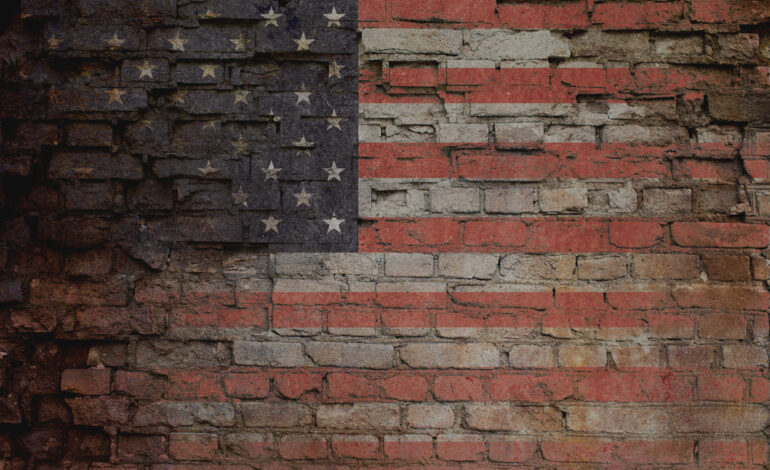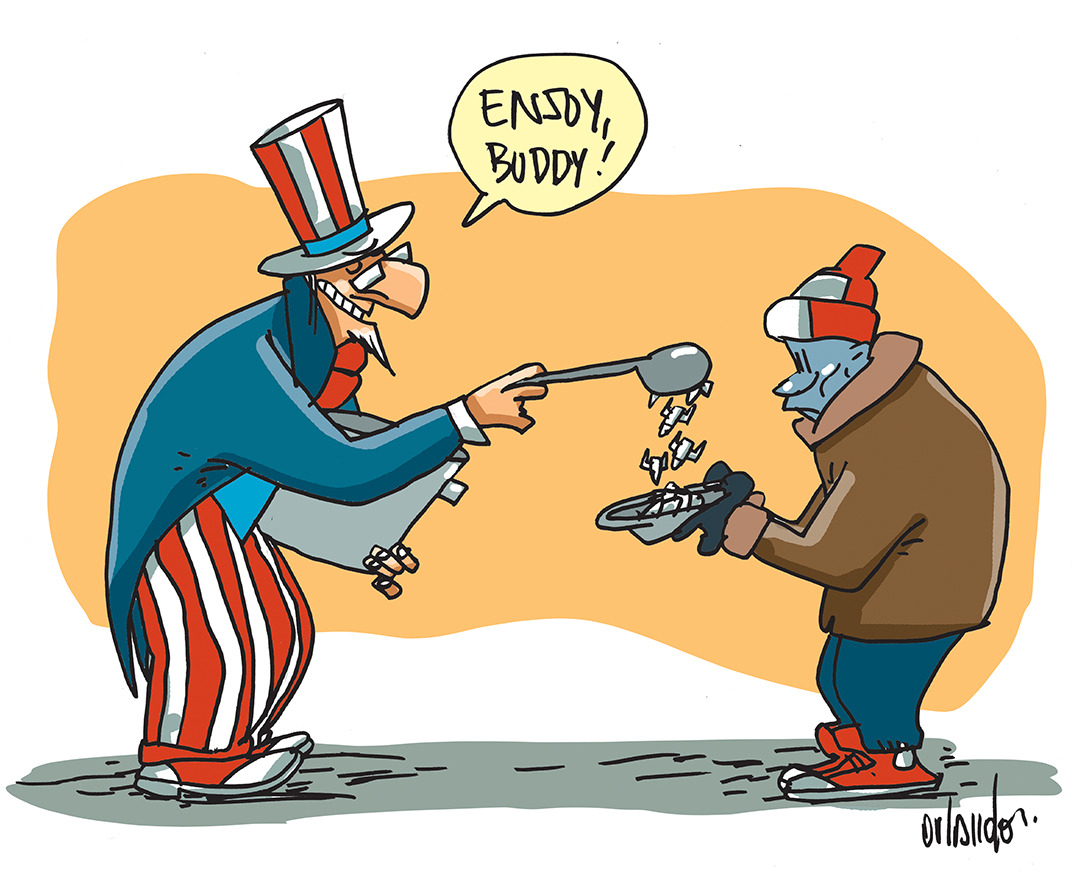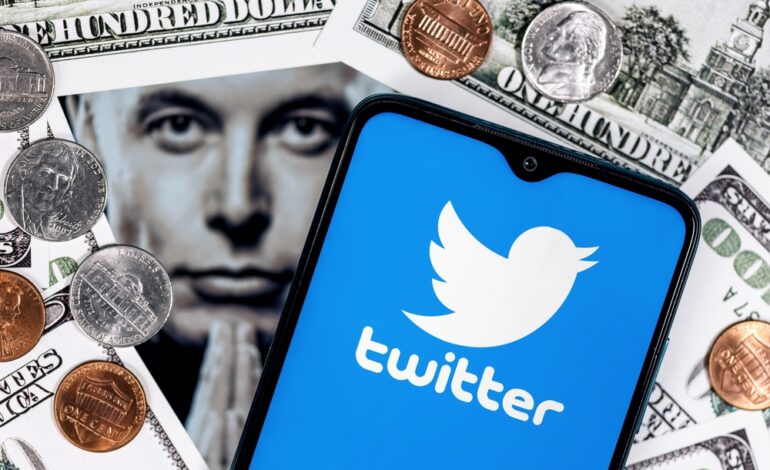
The American expression "walk the talk" is commonly used to mean "do what you say" or "act on your words". It emphasizes the importance of keeping the speech and actions of a person or organization consistent. It's an expression that highlights integrity and credibility in the execution of commitments or ideals - and increasingly a luxury item there. In the whirlwind of contradictions that characterizes US foreign policy, there is an inescapable paradox that echoes in the corridors of power and resonates around the world: the sovereign hypocrisy of a nation that proclaims freedom as its mantra, while stifling international competition and imprisoning journalists who do not reveal their sources; that defends democracy with rhetorical fervour, while sowing conflicts in distant lands, subsidizing wars and slaughtering other people's economies.
The US is facing a crisis of acute economic inequality, visible mainly in the big cities, where poverty and unemployment are at alarming levels. According to the World Population Review, in Detroit, for example, around 37.9% of the population lives below the poverty line, and the unemployment rate is 19.8% - more than five times the national rate. In the national context, approximately 37.9 million Americans were in poverty in 2022, with the child poverty rate more than doubling according to the Supplemental Poverty Measure (SPM) (Census.gov).
In contrast to this harsh reality, the US Congress recently approved a $90 billion aid package for the Ukraine vs. Russia and Hamas vs. Israel wars. Meanwhile, critical domestic projects to revitalize the economy and support those most in need are stalled. This choice reflects the powerful lobby of the arms industry, which seems to distort national priorities in favor of the interests of third parties to the detriment of the population. This is not a recent lobby, as it has historically influenced several other American military interventions over the years. If not, let's see: in the last 30 years, the number of major armed conflicts we can recall without much research: Gulf War (1990-91), Somalia (1992-95), Bosnia (1995-96), Kosovo (1999), Afghanistan (2001), Iraq (since 2003), Libya (2011) and Syria (2014). Not to mention the two most recent ones I mentioned above.
The hypocrisy of American economic policies is even more evident in the recent action against TikTok. Forcing the sale of the Chinese company under national security allegations directly contradicts the free market principles so vigorously defended by the United States in international arenas. This is a clear demonstration of protectionism that masks an attempt to contain the technological and economic advance of the foreign power that is now its main rival. More than a security measure, this policy against TikTok turns out to be a disguised protectionist maneuver, which creates pretexts for an economic and ideological struggle against China, the United States' great economic nemesis. Self-proclaimed guardians of freedom of expression and the economic preservation of its citizens, the US seems more interested in preserving its own interests, even if that means undermining the prosperity of others. While clamoring for an open and fair global market, they close their doors to foreign companies that threaten their digital hegemony.

Behind the rhetoric of freedom and democracy is a war machine that devours resources and lives, exporting conflict and instability around the world. The US subsidizes international wars, sacrificing not only Europe, but also any vestige of moral coherence. While investing billions in proxy military interventions, resources that could be used to improve the quality of life of its own citizens are diverted into an endless cycle of destruction and reconstruction.
Meanwhile, the American economy struggles with inequality and precariousness, where the few prosper at the expense of the many. The gains of globalization are concentrated in the hands of a corporate elite, while the working class faces precarious jobs, stagnant wages and an uncertain future. The promise of a better life for all fades in the face of the reality of a system that prioritizes profit above all else, even if it means sacrificing the very pillars that sustain democracy.
In the United States, freedom is a privilege for the few, democracy is a game of interests and economic preservation is a façade for global domination. While the world watches in bewilderment at the unbridled hypocrisy that permeates American foreign policy, it is up to us to ask: who are the real beneficiaries of this shadow theater? And how long will we be held hostage by the empty rhetoric of a nation that preaches freedom but practices oppression? The chasm between US discourse and practice not only compromises the integrity of its domestic and international policies, but also leaves millions of its citizens in unnecessary vulnerability. It is a tragic irony that the nation, so rich and powerful, chooses to finance distant wars while its own cities suffer from extreme poverty and dwindling infrastructure. Such a situation calls for critical reflection and urgent reallocation of resources and priorities to meet the pressing needs of its population and maintain its global leadership position in a fair and ethical manner.



1 Comment
Excellent article!